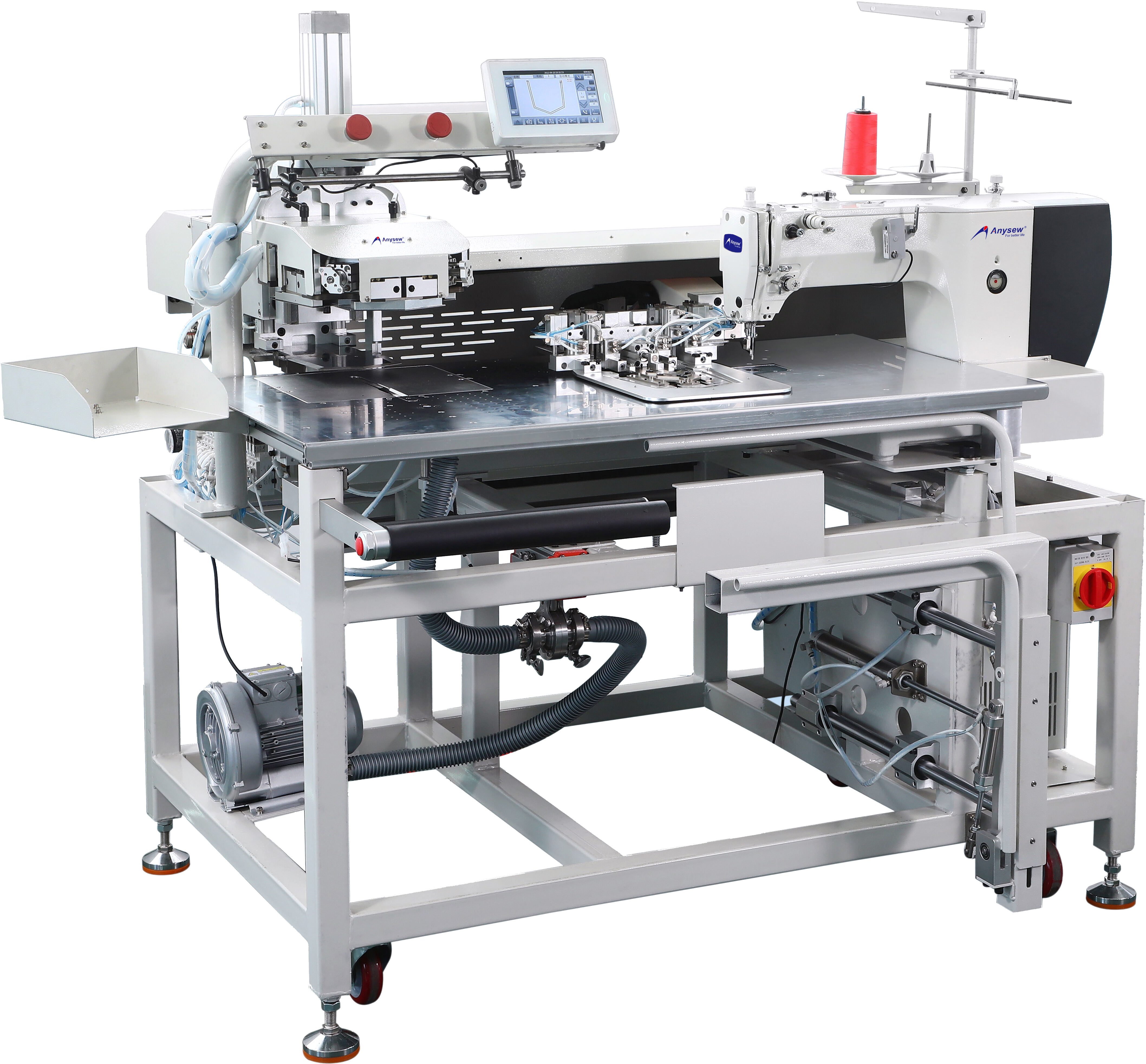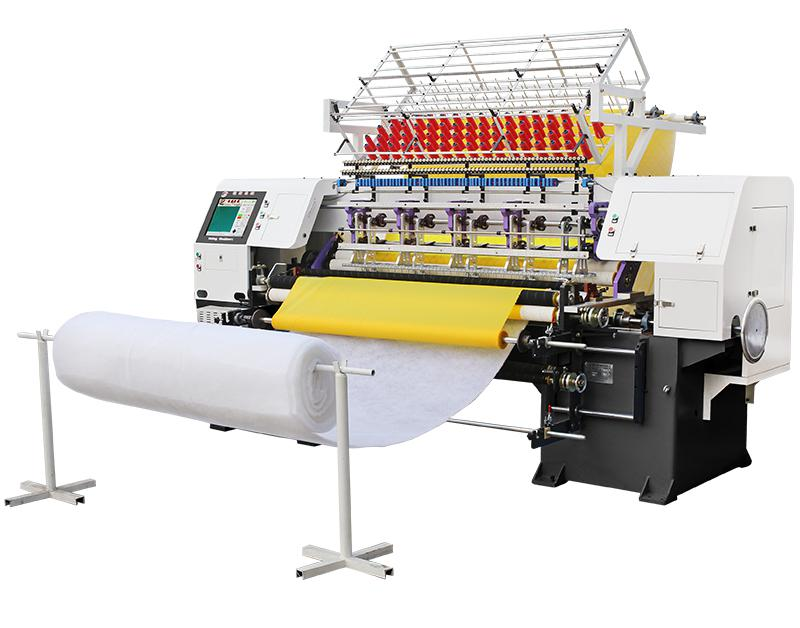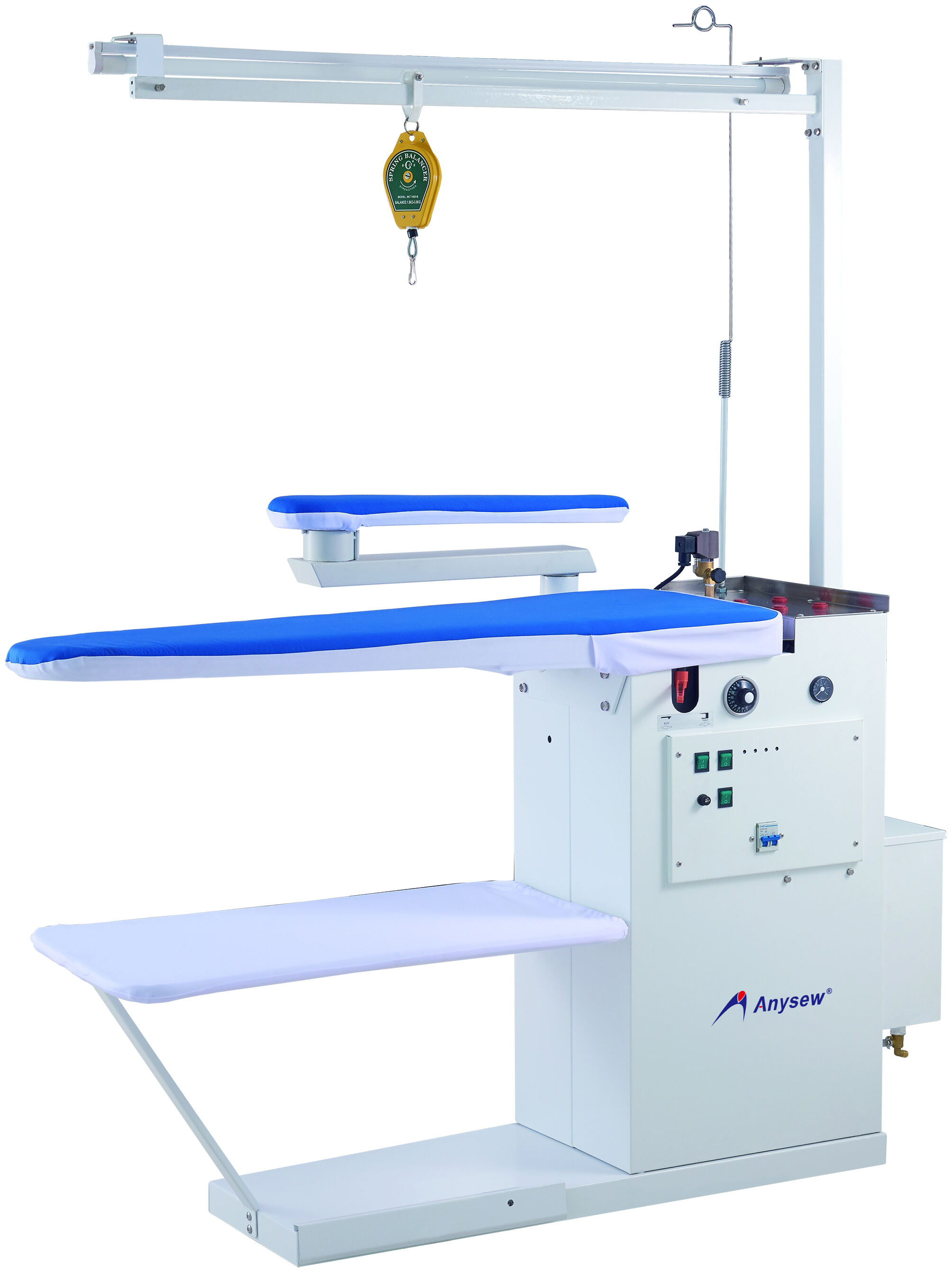dc motor servo motor
A DC motor servo motor is a sophisticated electromechanical device that combines the power of a DC motor with precise position control capabilities. This advanced system consists of a DC motor, a position feedback mechanism, and a control circuit that work together to deliver accurate rotational control. The motor operates by converting electrical energy into mechanical motion, while the servo component continuously monitors and adjusts the position, speed, and acceleration to maintain desired performance parameters. The system utilizes encoder feedback to track the rotor's position and automatically corrects any deviations from the target position. These motors are engineered to provide exceptional torque control, rapid response times, and maintain positional accuracy even under varying load conditions. They excel in applications requiring precise movement control, from industrial automation and robotics to consumer electronics and aerospace systems. The integration of modern digital control systems allows for programmable operation, making these motors highly adaptable to different operational requirements. Their ability to maintain consistent performance across a wide speed range, coupled with their excellent power-to-weight ratio, makes them invaluable in precision engineering applications.


